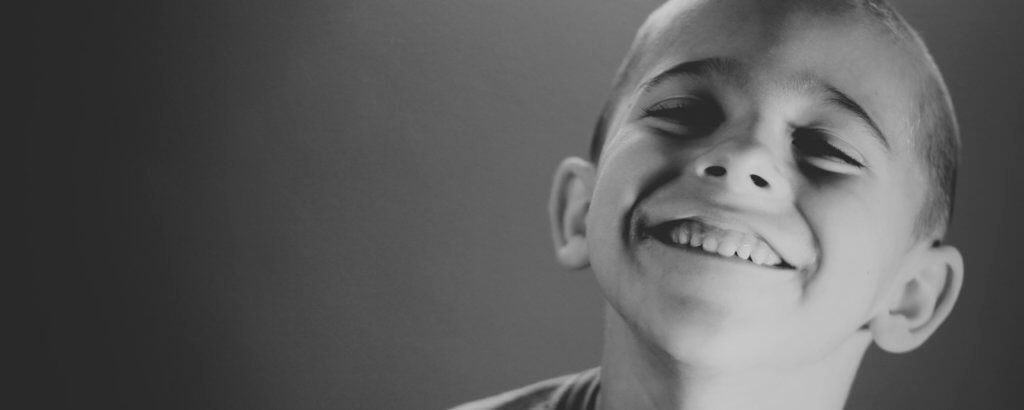Your Questions About Children’s Dental Care — Answered

Pediatric Dentistry FAQs
At Embrace Family Smiles, we understand that parents want the very best care for their children, including their dental health. Pediatric dentistry plays a crucial role in your child’s overall development, from ensuring healthy teeth and gums to building positive dental habits that last a lifetime. Whether you’re preparing for your baby’s first dental visit or seeking advice on orthodontic needs, we’re here to help guide you every step of the way.
Frequently Asked Questions
At what age should I first take my child to the dentist?
The American Academy of Pediatric Dentistry recommends that the first dental visit should be within six months after the baby’s first tooth appears, but no later than the child’s first birthday. These early visits are crucial in detecting any potential problems and starting a good oral hygiene regimen.
How can I prepare my child for their first dental visit?
Before the visit, try to talk positively about the experience, explaining that the dentist is a friendly doctor who will help keep their teeth strong and healthy. Reading them children’s books about going to the dentist can also help. During the visit, stay calm and positive to help your child feel more at ease.
What is the importance of baby teeth if they're just going to fall out eventually?
Even though they are temporary, baby teeth (primary teeth) play a vital role in your child’s development. They help in proper chewing and nutrition, speech development, and they also hold space for the permanent teeth. If a child loses a baby tooth too early, it could lead to problems with the proper development and alignment of their permanent teeth.
Should my child be using fluoride toothpaste?
Yes, fluoride toothpaste is recommended for children. For children under 3 years old, a smear the size of a rice grain should be used. For children 3-6 years old, a pea-sized amount is appropriate. Make sure your child spits out the toothpaste after brushing and doesn’t swallow it. Fluoride strengthens the tooth enamel, making it more resistant to decay.
How can I help prevent tooth decay in my child?
Good oral hygiene practices should start early. This includes regular brushing with a fluoride toothpaste, flossing once a day, eating a balanced diet and limiting snacks and sugary drinks. Regular visits to the dentist for cleanings and checkups are also vital to maintain your child’s oral health and catch any potential issues early.
Are dental X-rays safe for children?
Yes, dental X-rays are very safe for children when performed with modern equipment and low-radiation techniques. At Embrace Family Smiles, we use digital X-rays, which emit significantly less radiation than traditional film. X-rays help our pediatric dentist monitor your child’s dental development and detect cavities or other concerns that may not be visible during a visual exam.
What should I do if my child has a dental injury?
If your child chips, breaks, or knocks out a tooth, contact our office right away. Pediatric dentistry includes emergency care for dental injuries, and our team can guide you through the steps to take before your visit. In the meantime, rinse your child’s mouth with warm water, apply a cold compress to reduce swelling, and bring any broken pieces of the tooth with you to the appointment.
Can thumb-sucking or pacifier use affect my child’s teeth?
Yes, prolonged thumb-sucking or pacifier use can affect how your child’s teeth grow and develop. Most children stop these habits on their own by age 3 or 4. If the behavior continues past that age, our pediatric dentist can offer guidance and strategies to help your child stop and avoid long-term effects on their bite or jaw development.
Does my child need dental sealants?
Dental sealants are a valuable part of preventive pediatric dentistry. They are thin, protective coatings applied to the chewing surfaces of the back teeth to help prevent cavities. Sealants are especially helpful for children with deep grooves in their molars and are typically applied when the permanent molars first come in, around ages 6 and 12.
When should my child see an orthodontist?
We generally recommend that children have their first orthodontic evaluation by age 7. Even if braces aren’t needed right away, our team can monitor jaw and tooth development to catch alignment issues early. Pediatric dentistry works closely with orthodontics to ensure your child’s bite and smile develop properly.
How often should my child visit the pediatric dentist?
Children should see the dentist every six months for cleanings and exams, just like adults. Regular visits help us monitor their development, reinforce good hygiene habits, and address problems before they become more serious. Our dental team creates a positive and friendly experience to make every visit something your child can feel good about.
Give Your Child a Lifetime of Healthy Smiles
At Embrace Family Smiles, we’re passionate about pediatric dentistry because we know how much a healthy smile contributes to a child’s overall well-being. From first visits to preventive care and beyond, our goal is to make every child feel comfortable, safe, and confident during their dental care journey. We take the time to explain procedures in kid-friendly terms and empower parents with the information they need.
If you’re looking for an experienced pediatric dentist who truly understands the needs of growing smiles, we invite you to schedule an appointment with our team. Whether it’s your child’s first dental visit or their tenth, you can count on Embrace Family Smiles for gentle, expert pediatric dentistry that puts families first.


